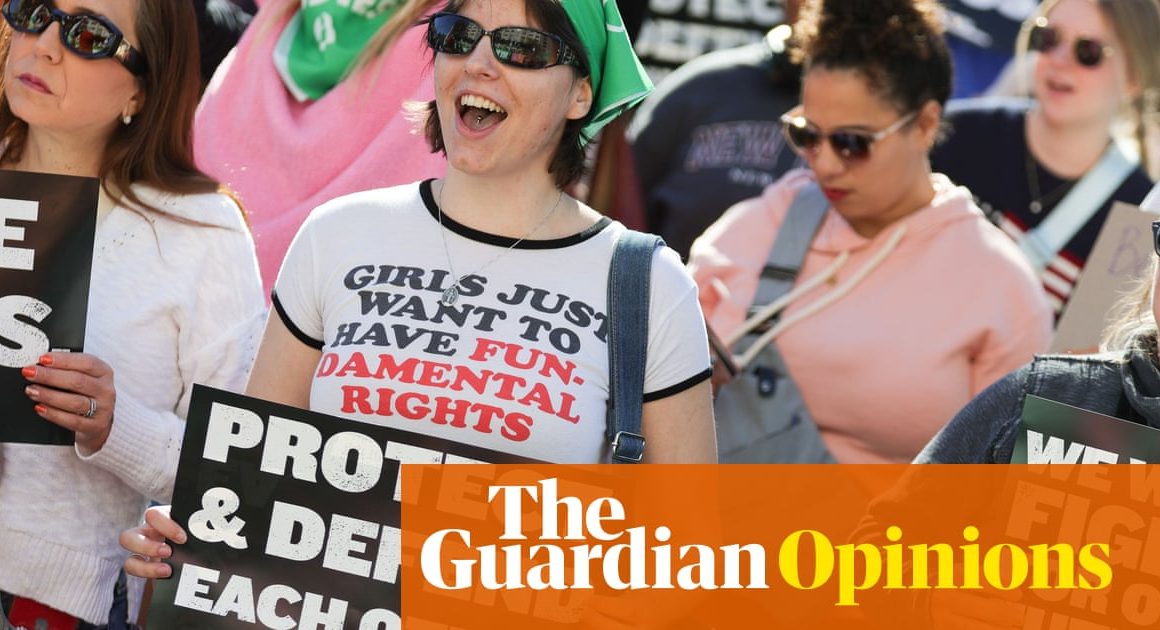I know what you’re thinking: “Whatever happened to sexy tyre calendars? I really miss those.” You’re in luck. The 2025 Pirelli calendar has been shot ultra-sexy, with tasteful nudity/near-nudity again. This is after the Italian company spent years reacting to #MeToo and accusations of pandering to the male gaze by shooting clothed campaigns.
Annie Leibovitz was involved in taking the photos at one point. There were photos of Yoko Ono, Serena Williams, Patti Smith and more… but they had their clothes on, so who cares?
The photographer for the 2025 calendar, Ethan James Green, said: “#MeToo really forced everyone to take a pause, which is really good.” He added: “My initial thoughts when I was approached were, ‘If I’m going to do Pirelli, I want to do Pirelli. I wanted to go back to the sexy classic, like what we think of when we think of Pirelli.’ ”
It turned out that Pirelli wanted the same thing. “Which was perfect,” said Green. Perfect sounds about right. This is a perfect example of Post#MeToo creep. Look around, and Post#MeToo creep is gathering pace, and has been for some time. It’s there in the lingerie company Victoria’s Secret, as predicted, bringing back the signature wings for fashion shows. It’s in reports that there could be a resurgent appetite for sexy films and TV shows. It’s in the cyclical skirmishes when a male actor, usually an older, established one, moans about on-set intimacy coordinators.
There seems a palpable push to put #MeToo in the rearview mirror. And, call it my overactive imagination, but, sometimes, with Post#MeToo creep, there’s a palpable undercurrent of: “Jeez, enough of the PC claptrap already, we’ve all said our mea culpas – time to move on!”
To an extent, it’s understandable. Sometimes things do have their season. Sometimes things (people, culture, sexy tyre calendars) do move on. Still, let’s be clear on a few issues before years of valuable sexual safety activism are casually binned. Let’s get some things straight before long-overdue, actually fairly mild and reasonable, on-set safeguards and protocols are derided and dismissed.
Perhaps a good place to start is the definition of #MeToo.
Green is mistaken. #MeToo didn’t force “everyone to take a pause”. It wasn’t a token moment’s silence for victims, then everything could resume the way it was before. #MeToo was and is supposed to be a live mandate telling men to stop sexually abusing, harassing and coercing women in the workplace, whether on film and TV sets, in offices, in hotel rooms with Jacuzzis, or anywhere else.
While the film producer Harvey Weinstein was one of the first and biggest scalps taken, #MeToo struck a universal chord because these pressures, outrages and worse were not confined to Hollywood. Ranging from galling to humiliating to terrifying, these were Everywoman experiences of a culture of embedded sexual extortion.
It’s also inexorably coiled around the entertainment industry. This, after all, is where “difficult” women saw their careers turned into roadkill because they wouldn’t sleep with someone, or they wouldn’t disrobe, or they objected to yet another sex scene.
All this going on and the thing to complain about is the intimacy coordinator? Sure, parts of this new form of ethical choreography do sound funny (“Put your hand there… Don’t pull an orgasmic face yet… Are you comfortable with his pumping speed?”). It’s doubtless a faff to relearn how to do sex scenes but perhaps these put-upon men could view it as a saleable skill for their thespian CV, like horse-riding, sword-fighting or speaking fluent Mandarin.
Just as directors and producers who can’t figure out a way to make their art exciting without a gratuitous plethora of topless shots or full-frontals should perhaps consider a future away from the creative industries.
after newsletter promotion
“Sex sells” is a truism but it’s also the case that sex is an easy way to spice up a flagging film, rev up an otherwise dull television series, even titivate some deep-tread tyres. On screen, sometimes sex comes from a creative, meaningful and interesting place; other times, it’s a “tell” of behind-the-camera desperation and mediocrity. That’s why some sex scenes work, and many, many others don’t. Still, #MeToo was never fundamentally a protest against sexual content per se; #MeToo was a protest against abuses of power.
Here then is the disingenuous problem with Post#MeToo creep. It’s not that they’re trying to reintroduce sexual content on screen, on catwalks or in calendars, but that they’re acting as if they’re on a moral crusade, courageously standing up against suppression and censorship. That they haven’t simply tired of faking concern over societal issues. Or that they haven’t done a few calculations and decided that levels of woke fatigue are high enough to risk some potentially problematic optics. No, it’s all for artistic impression, to bring back fun, colour and excitement. When all that it’s really doing is slyly pushing the dial back to where it was.
Something has to be off when beholding the glorious visions of the unfettered Post#MeToo landscape. It all looks eerily familiar. As Post#MeToo is upon us, at least don’t misrepresent what #MeToo was and is. It wasn’t pro-censorship, it was pro-women. It wasn’t a politically correct sacred cow – there was ridicule, disbelief, diminishment and defamation from the off. As for rumbling on and on, #MeToo spanned a paltry seven years. That wasn’t allowed to last long, was it?
Barbara Ellen is an Observer columnist










